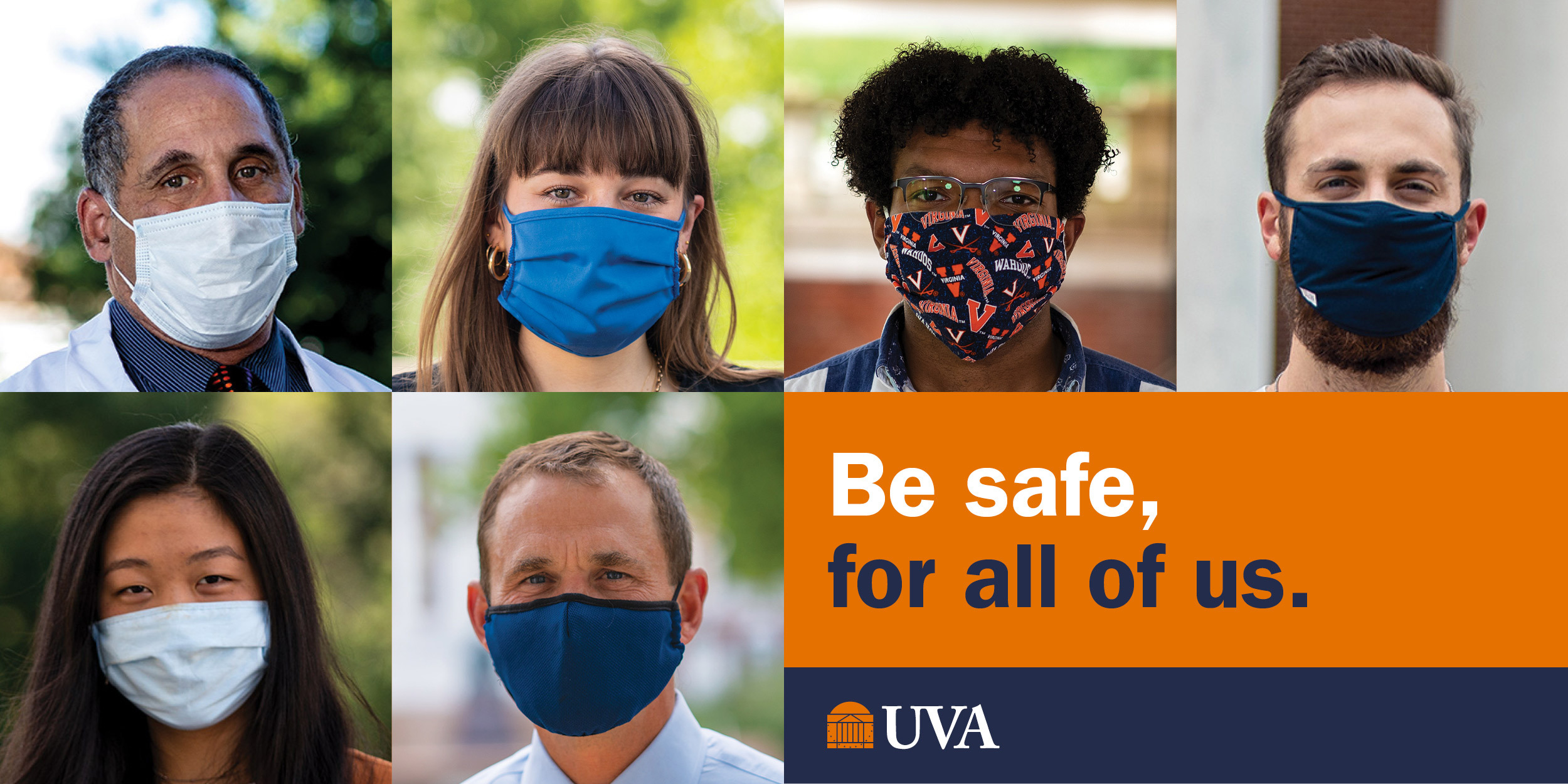Adam Leive, a professor at the University of Virginia’s Frank Batten School of Leadership and Public Policy, has waded into the turbulent debate over work requirements for public assistance.
As of August, about 780,000 people received aid from the Supplemental Nutrition Assistance Program in Virginia, of whom about 10% were able-bodied adults, aged 18 to 49 and without dependents, who must therefore satisfy work requirements of at least 20 hours a week.
Some argue that work requirements improve attachment to the labor force and promote self-sufficiency in the long run, while others argue that work requirements largely serve to reduce benefits to the most vulnerable recipients in times of need. There is also an economic argument that work requirements may help to improve the targeting of public resources to people who benefit the most from food assistance.
Leive and colleagues from several other institutions examined the effectiveness of work requirements in the U.S.’s Supplemental Nutrition Assistance Program program. Work requirements were suspended April 1 because of rising unemployment during COVID-19, and reinstatement of the requirements has become a hotly debated policy issue. Leive and colleagues tracked SNAP beneficiaries in Virginia who enrolled while work requirements were temporarily lifted after the 2008 recession and then tracked those beneficiaries once the requirements were reinstated in 2013.
He found that work requirements reduce SNAP participation by 52%, higher than previously thought, and that the requirements did not significantly incentivize employment or lead to greater earnings for the majority of beneficiaries.
Leive’s research focuses on areas of health, risk and public policy, examining consumer health insurance plan choices as well as taxation and regulation in health insurance and medical care markets.
His research has been published in the Journal of Health Economics, American Journal of Health Economics, Journal of Population Economics, the New England Journal of Medicine, Health Affairs and the Bulletin of the World Health Organization. He has written op-eds in the Economists’ Voice and The New York Times.

Leive earned his Ph.D. from the University of Pennsylvania’s Wharton School and his bachelor’s degree from Princeton University’s School of Public and International Affairs. Before attending graduate school, he worked at the International Monetary Fund and World Bank in Washington, D.C.
UVA Today talked to Leive about his recent research.
Q. Your research has been exploring the effectiveness of work requirements in the Supplemental Nutrition Assistance Program. Please explain your findings. What does this mean?
A. My coauthors – Colin Gray (Wayfair), Elena Prager (Northwestern University), Kelsey Pukelis (Harvard University) and Mary Zaki (University of Maryland) – and I found that SNAP’s work requirements were the cause of many more people losing their SNAP benefits than previously thought, but had limited impacts on employment.
The major policy rationale for adding work requirements to safety net programs is to encourage recipients who are able to work to do so. This policy has existed in SNAP since the 1996 welfare reform, but data limitations have hindered previous attempts to evaluate the policy’s effects.
To isolate the effect of work requirements, we were able to use newly available administrative data from Virginia and study what happened when the state re-introduced work requirements after the Great Recession. Our results raise doubts about the effectiveness of the policy.
Q. You say work requirements do not appear to increase economic self-sufficiency. Can you tell why this is so?
A. Employment rates did not increase due to the work requirements, on average. Neither did the amount of earnings. We were able to track people up to 27 months from the start of work requirements and we did not find evidence of improvements in labor market outcomes during this period, on average.
However, we found some evidence that about 15% of SNAP recipients experienced an earnings increase. So there may a small share that responds to the policy as intended.
Q. You say that “very low-income and homeless adults are disproportionately screened out” of the SNAP program. Why is this? How can it be changed?
A. These two groups experience higher rates of exit due to the work requirements compared to other SNAP recipients. These people may have lost SNAP benefits because they were unable to find work or because of other factors associated with reporting the requirements to maintain eligibility. Our study did not investigate ways to increase retention among these groups, but instead highlighted that people who are economically vulnerable are most likely to be negatively affected.
Q. How do work requirements reduce SNAP participation by 52%?
A. Most of this reduction comes from decreased retention of recipients on SNAP when the work requirements resumed. A smaller portion came from higher exit rates among those who subsequently enrolled or from deterring people from applying due to the work requirements.
Q. Are you making policy recommendations based on your findings?
A. We view our study as providing important evidence to inform policymakers as they consider the re-introduction of work requirements. The requirements have been suspended nationwide since the spring due to COVID-19. At the moment, the economy is in worse shape and faces more uncertainty than when work requirements were re-introduced in 2013 – the time period of our study. The challenges of finding work today are therefore likely to amplify the negative effects of the policy if it is re-introduced before the economy has recovered.
More generally, our findings help to inform decisions about the trade-off between encouraging work and targeting food assistance to low-income adults. There may be a minority of SNAP recipients who do work more in response to the requirements, but these gains must be weighed against the loss in benefits for the majority whose employment does not change and are subsequently removed from the program.
Q. What motivated you to study work benefits effectiveness in the first place?
A. As an economist in UVA’s Batten School, I am focused on empirical research that has policy implications. The question of whether work requirements “work” has attracted substantial policy debate, but has suffered from a lack of conclusive empirical evidence.
Studying this question in the context of Virginia was something I was very excited about because the setting is local. I have been very fortunate to be able to collaborate with the Virginia Department of Social Services on this project and other work. More generally, Virginia has taken initiatives to expand data availability for researchers to answer important policy questions. Without the partnership between VDSS and other government agencies, it would be much more difficult to obtain the data necessary to answer such pressing questions.
Q. Where is your research headed next?
A. Several important questions on this topic remain unanswered. There are many outcomes that we were unable to study, such as food insecurity, health outcomes and evictions. It would also be valuable to know how to best target the limited number of exemptions from the work requirements that states can use at their discretion. Most SNAP rules are set nationally, but states can exempt a portion of recipients based on previous caseloads. Figuring out which types of recipients would benefit most from the exemptions could help states efficiently allocate the exemptions.
Media Contact
Article Information
October 15, 2020
/content/qa-do-work-requirements-aid-those-public-assistance-batten-professor-says-no

